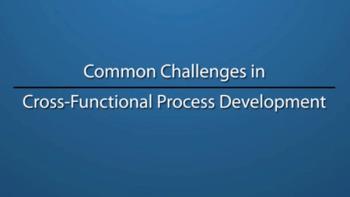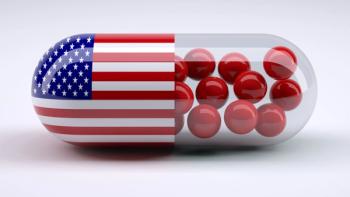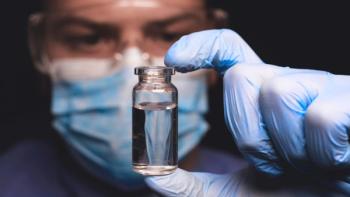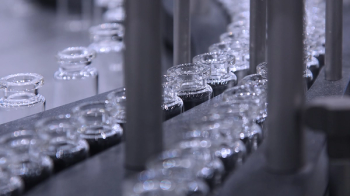
The collaboration continues as the companies design bioprocess impurity reagent sets to detect residual HCP from HEK 293 cells.

The collaboration continues as the companies design bioprocess impurity reagent sets to detect residual HCP from HEK 293 cells.

Particle performance in a DPI can be optimized by fine-tuning the formulation and manufacturing process parameters.

A data-driven strategy can assess the quality of legacy drugs developed before 2011 process-validation requirements were established.

SP Scientific Products’ SP Hull LyoStar 4.0 R&D freeze dryer supports rapid freeze-dry cycle development, optimization, and process scale-up.

What can the biopharma industry learn from its rapid response to the COVID-19 pandemic?

VIVEbiotech has opened its new lentiviral vector manufacturing facilities in Spain, expanding capacity for lentiviral vectors for use in cell and gene therapies.

Well-defined studies are crucial to effective process development

The emergence of new biotherapeutics is both the driver and result of innovative drug development technologies.

Intensified and distributed manufacturing approaches create flexible, local capacity.

The Testa Center in Sweden provides access to equipment and expertise to help bridge the gap between biopharmaceutical discovery and industrialization.

Continuus Pharmaceuticals is building the first GMP facility using integrated continuous manufacturing technology for end-to-end production of small-molecule APIs and finished dosage forms.

Advanced manufacturing technologies are available, but challenges need to be addressed.

Collaboration between equipment suppliers and users is leading to innovation and optimization in biopharmaceutical manufacturing.

The launch of HiScreen Fibro PrismA, the company’s newest product for early mAb purification process development strengthens Cytiva’s new fiber-based Protein A platform.

The new facility, to be located in Boston, MA, will contain experimental and analytical equipment for viral vector and advanced therapy process development and will expand the CDMO’s manufacturing capacity.

Using rDNA technology to synthesize production of proteins and peptide hormones, the biotech startup has achieved synthetic production of insulin, potentially lowering insulin cost by 30%.

A holistic approach to validation and quality assurance is essential.

Wacker will support production of CureVac’s COVID-19 mRNA-based vaccine candidate at its biotech site in Amsterdam, with production scheduled to start in the first half of 2021.

The agreement will provide capacity for the manufacturing of AZD7442, currently being developed for the potential prevention and treatment of COVID-19, at Lonza's Portsmouth, NH site.

As biopharmaceutical process development advances, a more collaborative and knowledge-based approach, driven by better analytics and high-throughput system integration, is reducing the risk of failure.

Two FDA-funded projects at RCPE will look at real-time monitoring and control of drug tablet coating and developing a digital twin for drug production control.

The company’s new closed cell therapy processing system enables scalable, cost-effective development and manufacturing of cell therapies.

AFI representatives of the process validation working group explore and define key elements for an enhanced approach to process validation for sterile liquid and freeze-dried forms.

AFI representatives of the process validation working group explore and define key elements for an enhanced approach to process validation for solid oral dosage forms.

The manufacture of gene therapy vectors is shifting to more modern technologies.